Your Views: The Mac at 50…
What will Apple’s pride and joy look like a quarter of a century from now? Here’s your take on the Mac at 50.


Apple celebrated the 25th birthday of the Mac last week.
We asked you what you thought the Mac might look like at 50. Here's a selection of your crystal ball-gazing thoughts on whether the Mac will be nifty at 50 or just consigned to the history books.
"We'd all rather have our kneecaps screwed to the dining room table than use Windows," according to Graham.
He added: "Frankly I don't care what it looks like. If it is just as reliable (one fault in 20 years of Mac usage) as it always has been, that's what matters. If it looks cool as well that's great."
"I'm confidently expecting I'll just be picking up voice activated signals from the air as I move around by the time Mac is 50. We've owned pretty much every model since the 512k (which traveled across the Atlantic twice with us and is still in the attic, along with many of its successors)," wrote long-term Mac fan Kathryn.
Kathryn's future will certainly continue to be Mac-shaped, as she added: "Broke off designing a garden on my new MacBook to write this - husband beside me is working at stats for an academic paper on his Air. On the dining table, the kitten is attempting to re-programme an iMac. Our offices - including the kids offices/studies depending on age - are all Mac equippedI suppose there must be a reason people buy PCs but I can't for the life of me work out what it is. Have tried them - those are in the attic too."
More of the same please
Get the ITPro daily newsletter
Sign up today and you will receive a free copy of our Future Focus 2025 report - the leading guidance on AI, cybersecurity and other IT challenges as per 700+ senior executives
Peter has been a Mac devotee since 1985. He said: "The Mac OS' strength has always been in stability, sensible upgrades and reliability when most needed. How often do our businesses, by default using Windows, crash or freeze when under a time pressure for a document or calculation?" A fair point indeed Peter.
So how can Apple evolve the Mac for the better, using the above as a solid foundation? Peter provided a long list of suggestions, with a handful of choice samples being: "retaining a 'with it' image such as people noticing the style and visibility of an iconic product in keeping with the times; maintaining a resistance to virus infections; less reliance on Microsoft products but nevertheless having an interface that accepts their products; reintroducing (at give-away rates) machines to schools to educate the masses on the Mac benefits; encouraging the business software houses to provide a Mac OS-based alternative towards an all-Mac environment."
The Mac in a Sci-Fi world
"By then I reckon that we will all have chips in our brains, hard-wired through some bio-neural interface. Not only will we be permanently logged into a truly worldwide net, with holographic maps of a 4D space to navigate around, we will be able to use our enhanced brain power to access any information we desire, calculate complex calculations on the fly and contact anyone anywhere in an instant," mused Steve, who added that he thinks most people who make predictions about the future turn out to be wrong.
He added: "If this is the case then the Mac will not exist, at least not in a recognisable form. No, instead, Apple may be around (perhaps not Steve Jobs, though I hope so) but will be a software and chipcompany of some kind, providing enhanced services and data access for those who can afford it... Get back to me in 50 years and see how close I am."
John concluded our call for blue-sky thinking by saying: "In 50 years, I will not be around but if I were I would expect to switch on the power and speak something like this: Go to my last page in InDesign and when I'm finished move over to Photoshop pausing only if I have an important marked email to read. Remind me on the way through the day of these break times.'"
Then reality came and rained on his parade: "Well we can all dream until we have to pay the bill."
Take a look at our feature to find out what the top 10 moments in Mac history are.
And if you're wondering who might replace Steve Jobs at Apple when he takes his medical leave, look no further than our feature that tells you what you need to know.
Maggie has been a journalist since 1999, starting her career as an editorial assistant on then-weekly magazine Computing, before working her way up to senior reporter level. In 2006, just weeks before ITPro was launched, Maggie joined Dennis Publishing as a reporter. Having worked her way up to editor of ITPro, she was appointed group editor of CloudPro and ITPro in April 2012. She became the editorial director and took responsibility for ChannelPro, in 2016.
Her areas of particular interest, aside from cloud, include management and C-level issues, the business value of technology, green and environmental issues and careers to name but a few.
-
 Cleo attack victim list grows as Hertz confirms customer data stolen
Cleo attack victim list grows as Hertz confirms customer data stolenNews Hertz has confirmed it suffered a data breach as a result of the Cleo zero-day vulnerability in late 2024, with the car rental giant warning that customer data was stolen.
By Ross Kelly
-
 Lateral moves in tech: Why leaders should support employee mobility
Lateral moves in tech: Why leaders should support employee mobilityIn-depth Encouraging staff to switch roles can have long-term benefits for skills in the tech sector
By Keri Allan
-
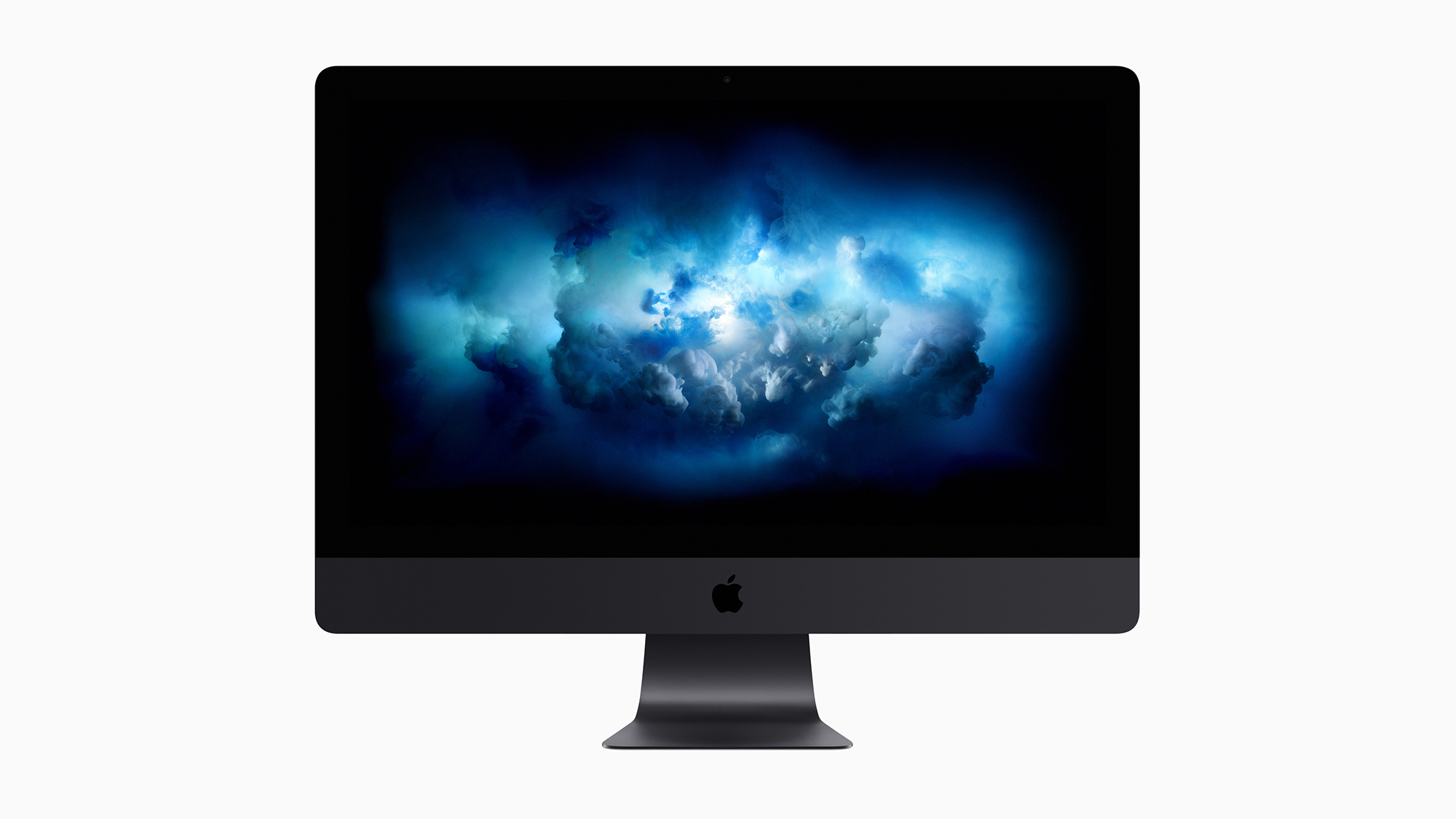 Apple discontinues the iMac Pro
Apple discontinues the iMac ProNews Desktop product shake-up paves the way for new Apple Silicon-powered machines
By Danny Bradbury
-
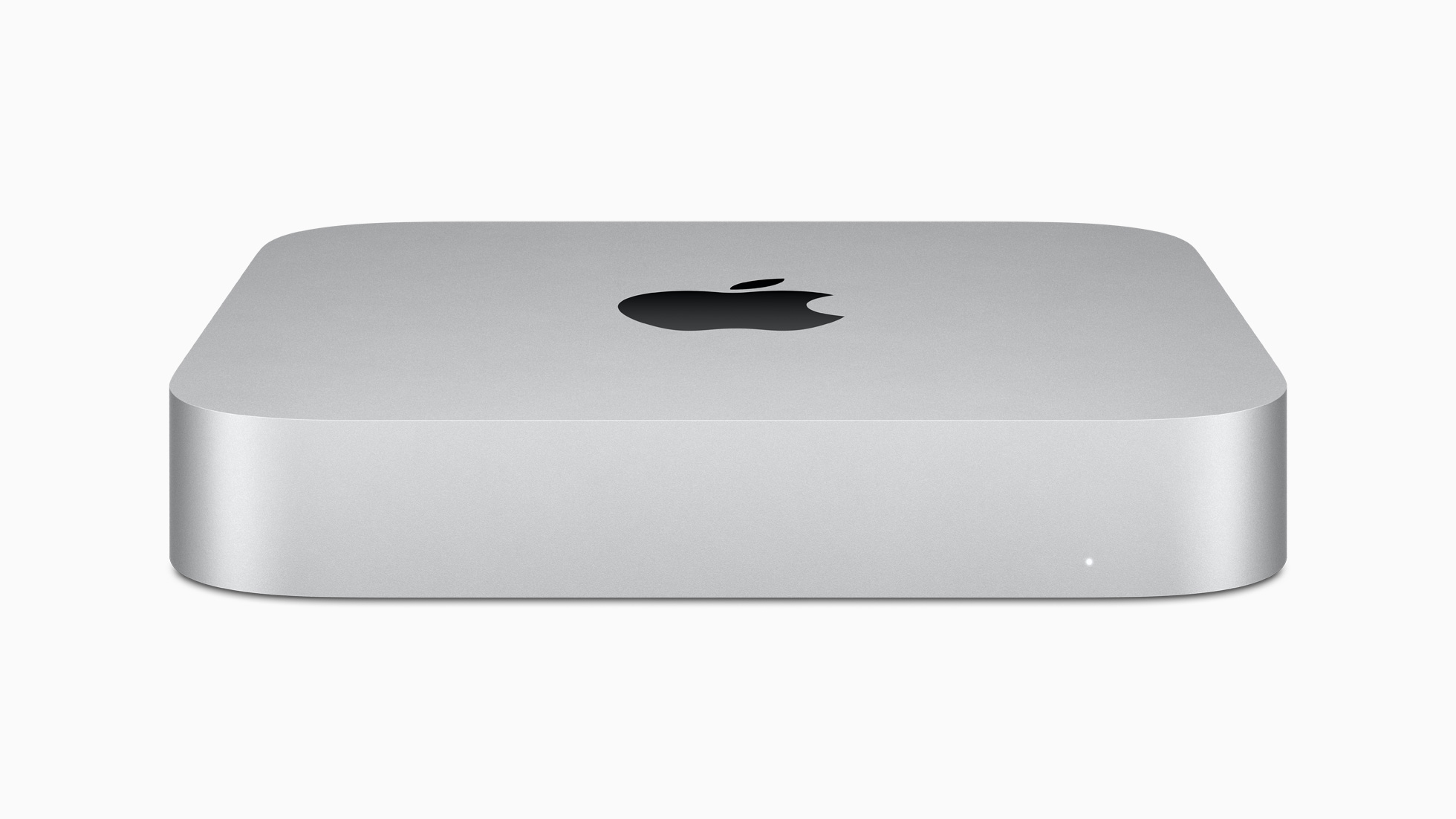 M1 Mac mini users suffering Bluetooth connectivity problems
M1 Mac mini users suffering Bluetooth connectivity problemsNews It’s unknown if the issue is in the new Apple silicon or the Big Sur OS
By Rene Millman
-
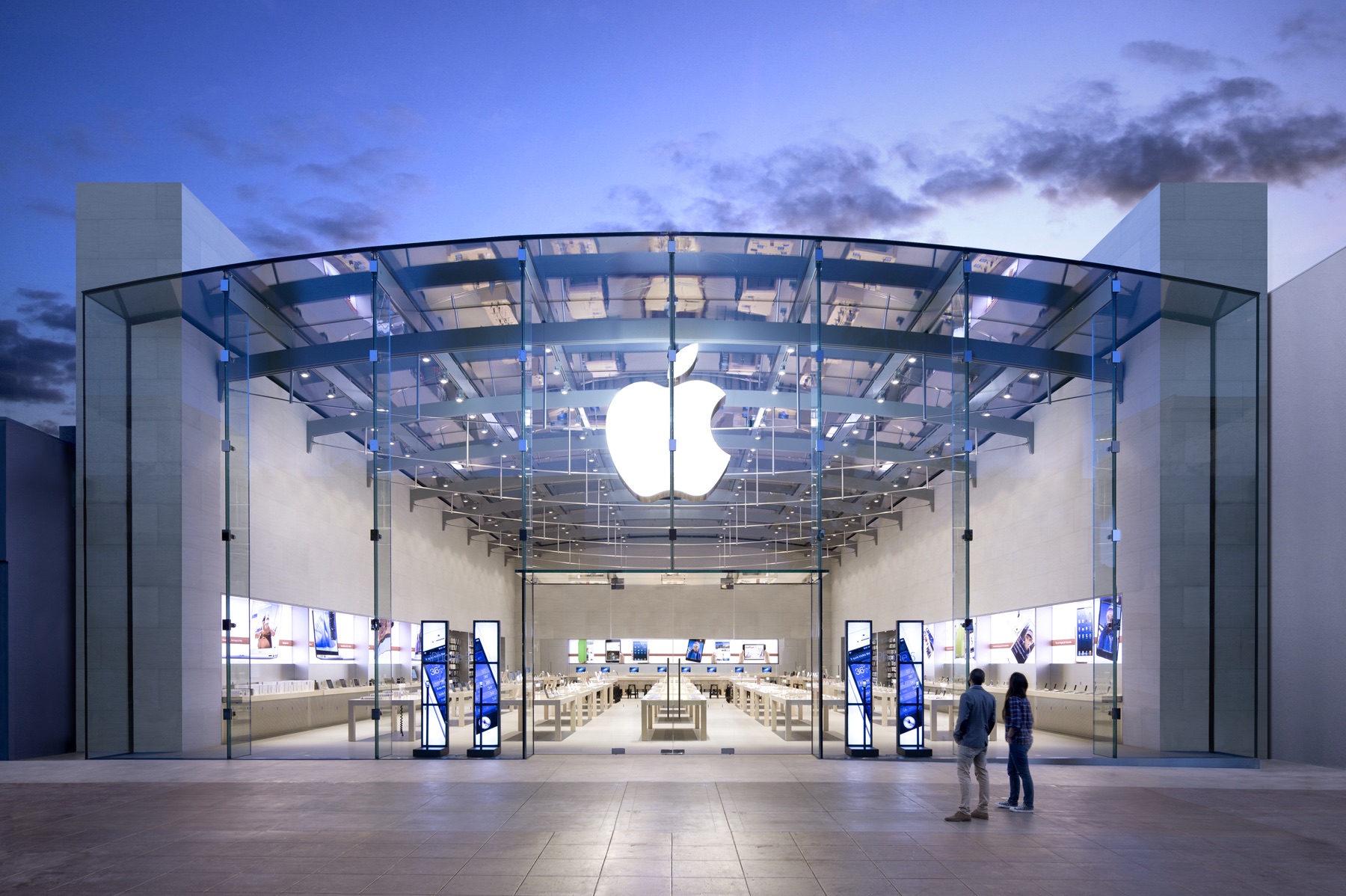 Apple starts accepting Mac trade-ins at retail stores
Apple starts accepting Mac trade-ins at retail storesNews Up until now, you could only trade in a used Mac online, which was unwieldy and time-consuming
By Mike Brassfield
-
 Apple launches surprise desktop iMac and iMac Pro upgrades
Apple launches surprise desktop iMac and iMac Pro upgradesNews New iMac models have up to 9th-gen Core i9 processors and Vega Pro graphics
By Adam Shepherd
-
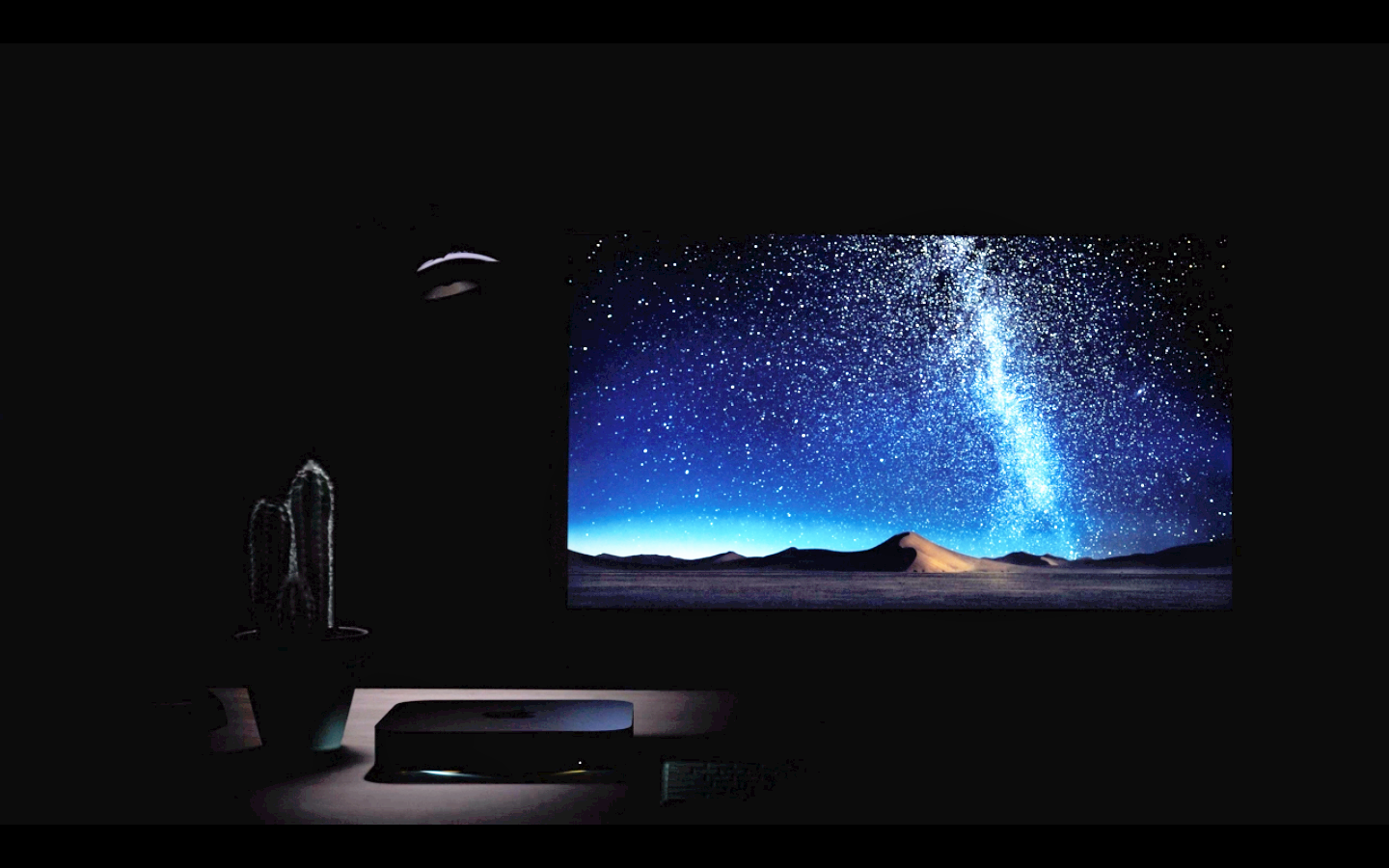 Apple unveils next-generation Mac mini
Apple unveils next-generation Mac miniNews Space grey device with five times the performance has been unveiled at special October event
By Keumars Afifi-Sabet
-
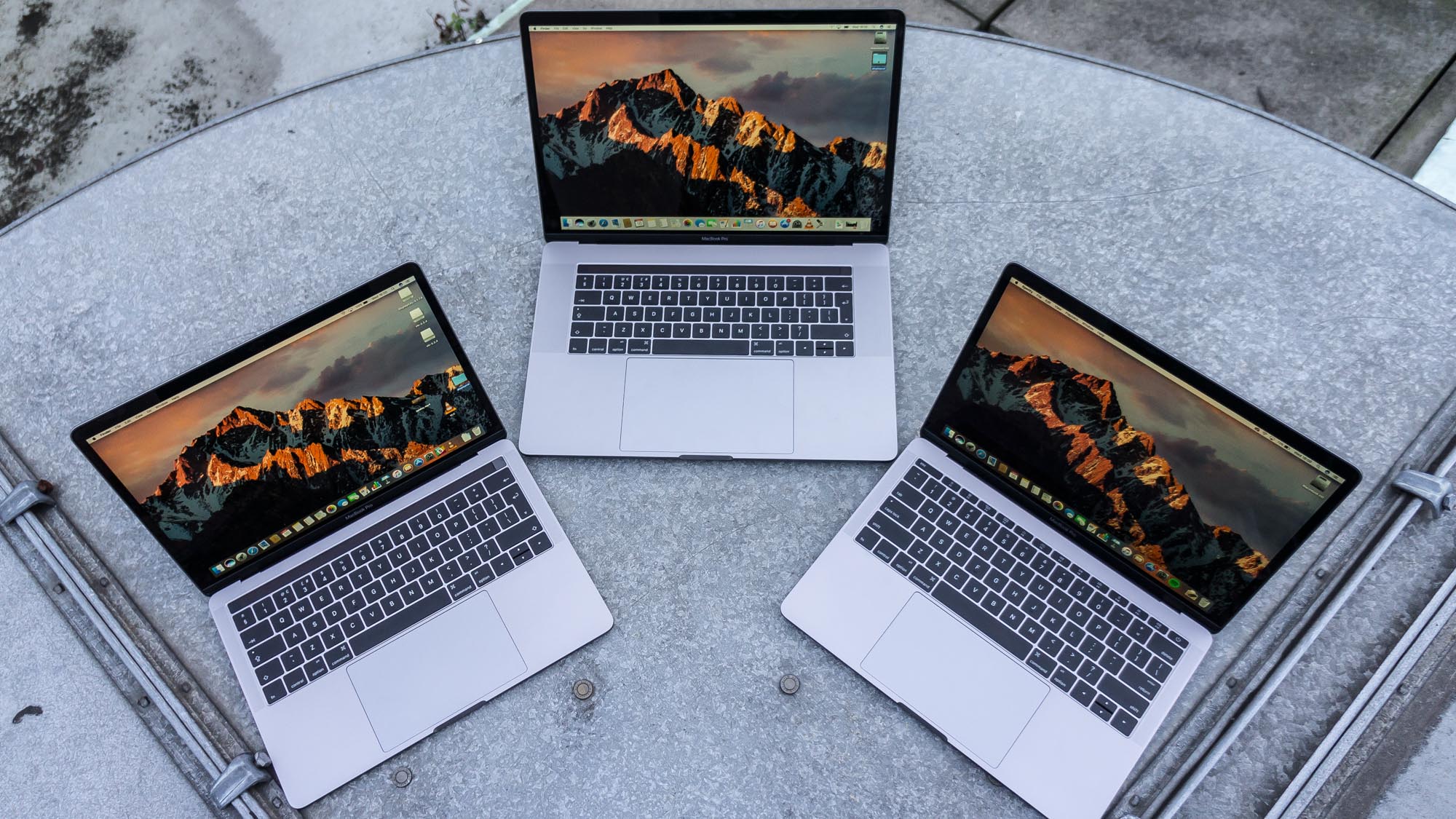 Thousands of Macs exposed to EFI boot-up bug
Thousands of Macs exposed to EFI boot-up bugNews Some relatively new Macs haven't had a pre-boot update since they were first put on the market
By Clare Hopping
-
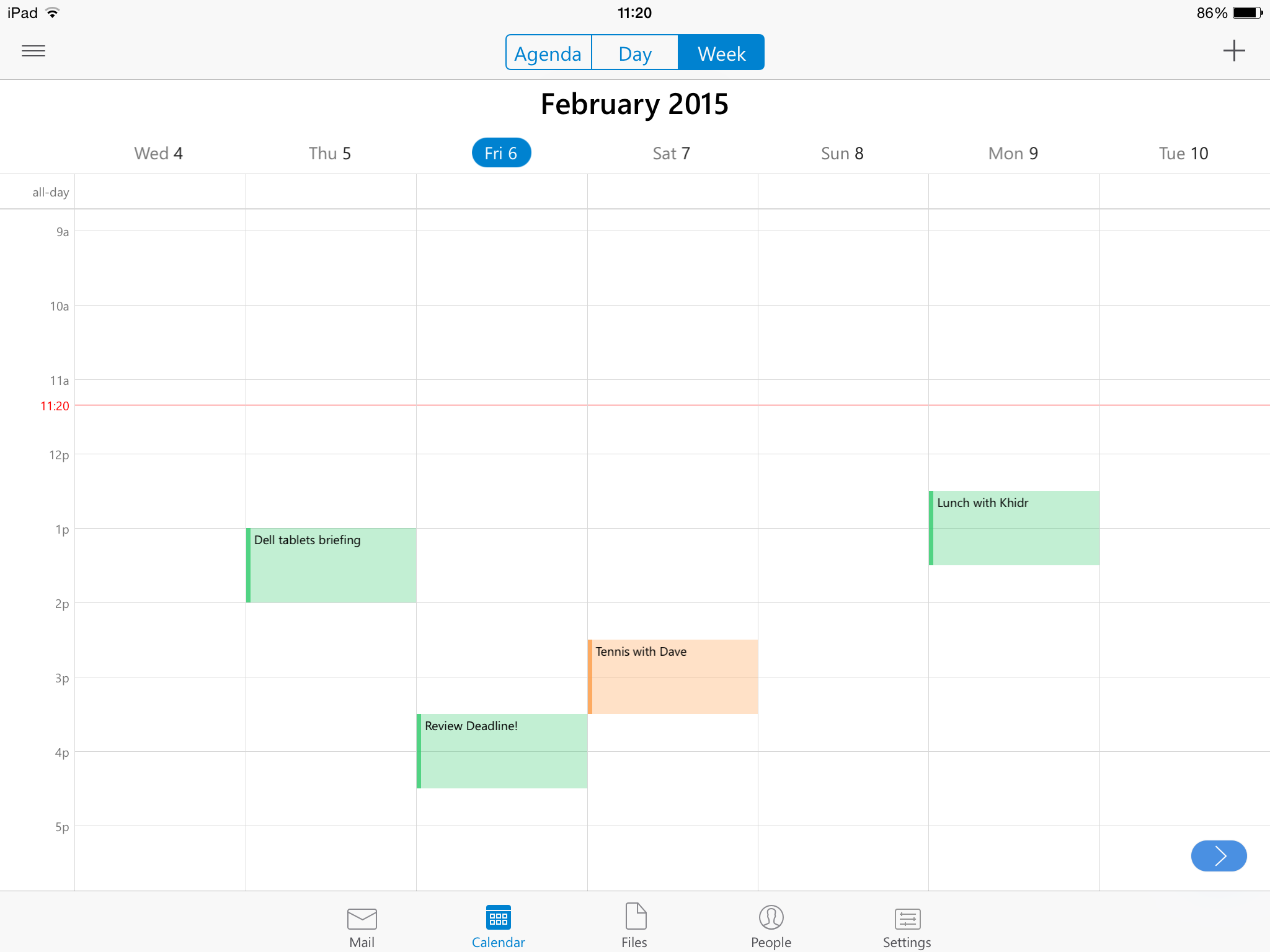 Apple fixes its spammy calendar with Report Junk feature
Apple fixes its spammy calendar with Report Junk featureNews The new option lets you block spam iCloud calendar invites
By Ingrid Fadelli
-
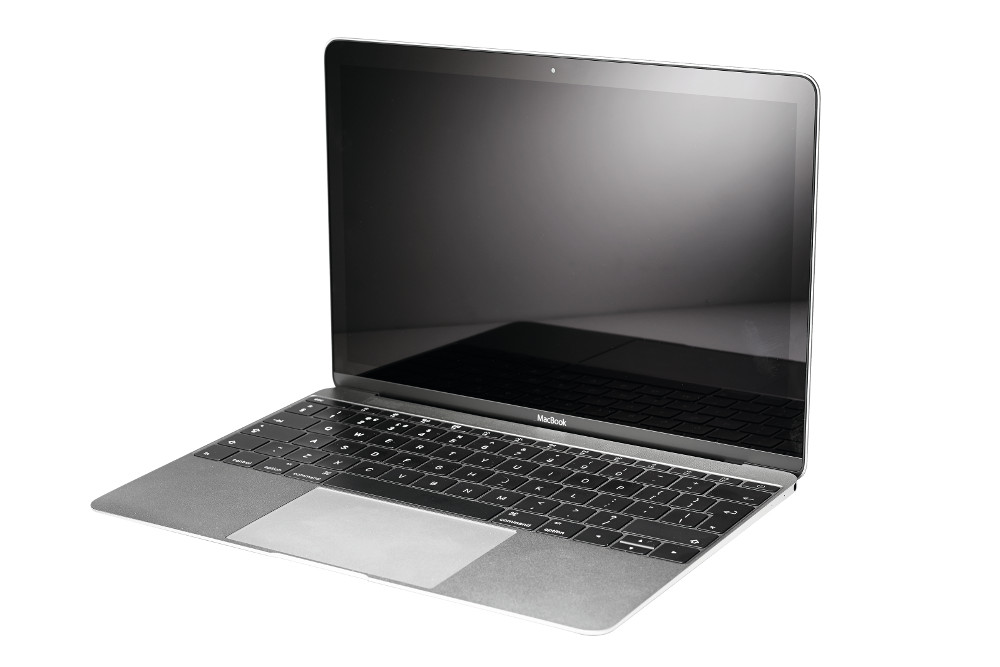
 Apple MacBook Retina 12in review - 'a superb choice, but challenging to fit into how you work'
Apple MacBook Retina 12in review - 'a superb choice, but challenging to fit into how you work'Reviews Apple upgrades specs and adds rose gold model for 2016 MacBook Retina 12in
By Alan Lu